News is produced... by the second
The rapid development of the Internet, social networks and artificial intelligence (AI) has completely changed the way journalists collect, process and distribute information. In the past, a news story could take hours or even days to appear in newspapers or on television, but today, a short clip or a tweet can spread to millions of people in just a few minutes.
Unlike the traditional print press era, when news was released daily or by number, today's newsrooms are racing against the clock. The speed of reporting and updating the situation almost instantly is a vital factor. Along with that, reporters not only write articles but also film, edit clips, and create graphics. All of this takes place right on their smartphones or personal laptops. In particular, creativity is the "golden key" in the digital content era. 4.0 reporters not only report news, but also need to know how to process attractive information to attract the press public. To keep up with the flow of information, many newsrooms have applied AI, automation, and big data analysis to optimize the content production process. AI technology can analyze readers' reading behavior, thereby providing content suggestions that match the interests and habits of each individual...
Application of artificial intelligence in journalism
Vietnam has tens of millions of social media users, such as Zalo, Facebook, TikTok... AI can become a "powerful tool" to exploit information. Besides the advantages, mainstream journalism is challenged by the wave of "fake news", "clickbait headlines" or unverified content spreading at a dizzying speed on social media platforms, such as Facebook, X (Twitter), TikTok... This forces modern journalists not only to report news quickly, but also to verify thoroughly, maintain professional ethics to maintain the trust of readers. Therefore, to master and use digital tools in general and AI application software in particular, each journalist must cultivate the capacity and qualities of a revolutionary journalist, learn and discuss to be able to master technology, not let technology lead and master us.
Innovation and integration
Besides challenges, the digital age also brings great opportunities for journalism. Journalists 4.0 can access news sources from all over the world , use digital tools to conduct online interviews, analyze data and create new types of articles such as data journalism or multimedia reports... Many newsrooms have implemented models of information charging (paywall), electronic newsletters (newsletter), podcast channels or specialized videos to diversify revenue sources and increase the ability to reach loyal readers.
According to experts, press agencies that want to collect online fees must create exclusive, different, and in-depth content, have a long-term strategy, and persistently implement it, because changing user habits cannot achieve results overnight.
In the flow of technology, journalists cannot only be good at writing. They need to be good at multimedia journalism techniques, understand content distribution algorithms, and especially have critical thinking, professional ethics, and the ability to quickly verify information. Although the means change and the platforms shift, the core values of journalism remain unchanged: Reporting truthfully and objectively, serving the public interest and fighting for justice and truth; maintaining professional integrity, fulfilling the role of leading and criticizing society in a volatile world...
Associate Professor Dr. Pham Minh Son, Director of the Academy of Journalism and Communication, said that AI is opening up unprecedented opportunities and posing existential challenges to the field of journalism and communication. From the process of content production, information collection and processing, to information distribution, reception and interaction with the public. In particular, AI should be considered an effective tool to improve content quality, optimize production processes, expand public access and enhance the effectiveness of communicating Party and State policies...
According to Associate Professor Dr. Le Hai Binh, Alternate Member of the Party Central Committee, Permanent Deputy Minister of Culture, Sports and Tourism, in Vietnam, the press has always been identified as an important force in transmitting official information, orienting public opinion, protecting ideological foundations and preserving national cultural identity. However, the rapid and breakthrough development of AI is causing current legal regulations, professional standards and media management mechanisms to not keep up with reality. |
BROTHER
Source: https://baoangiang.com.vn/nghe-bao-trong-ky-nguyen-so-a422800.html













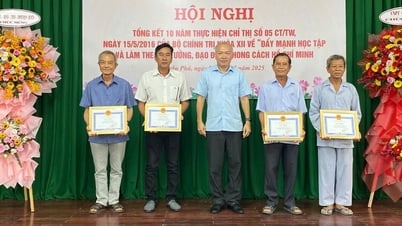
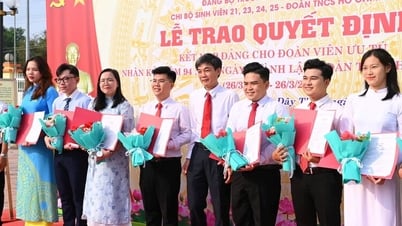
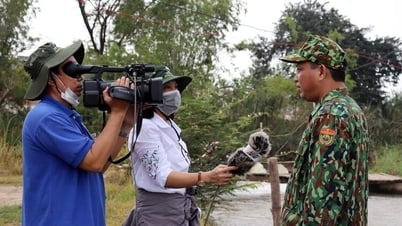


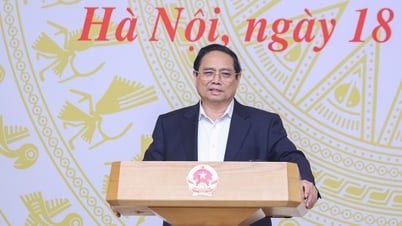

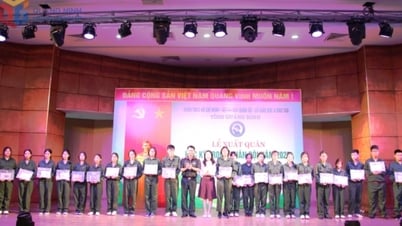




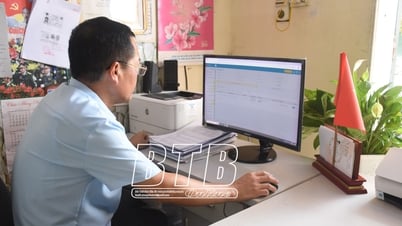

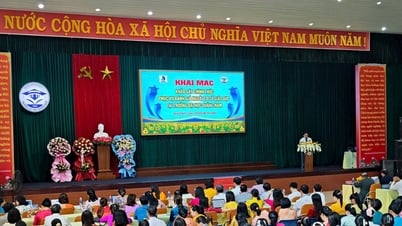





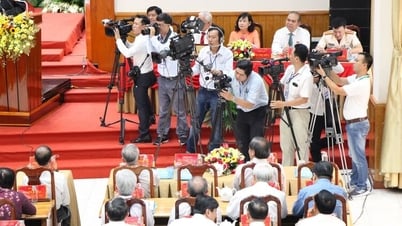
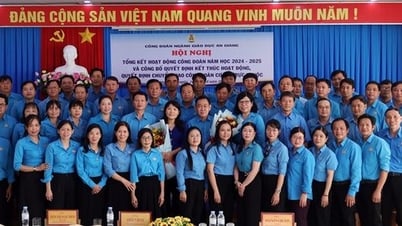


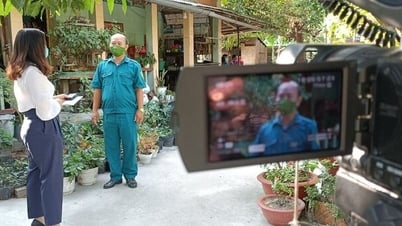
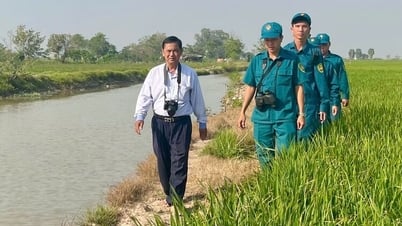














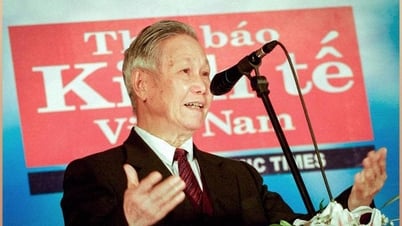

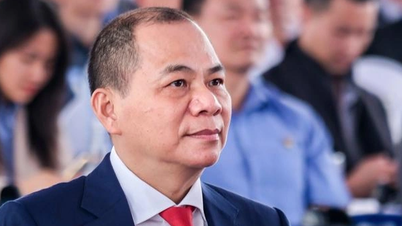

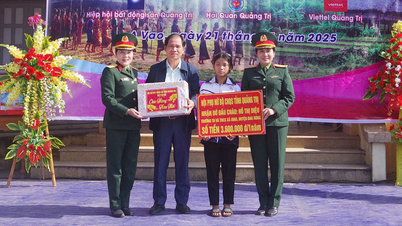











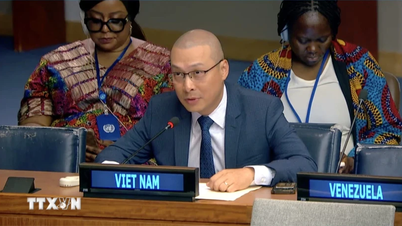




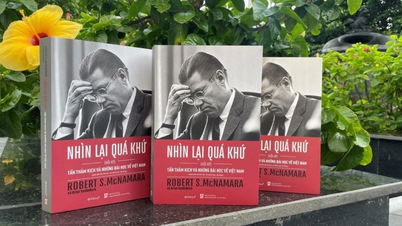










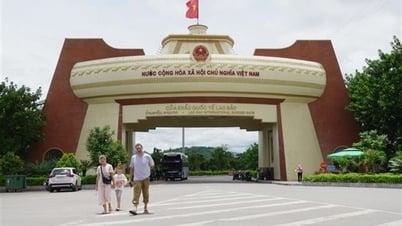
















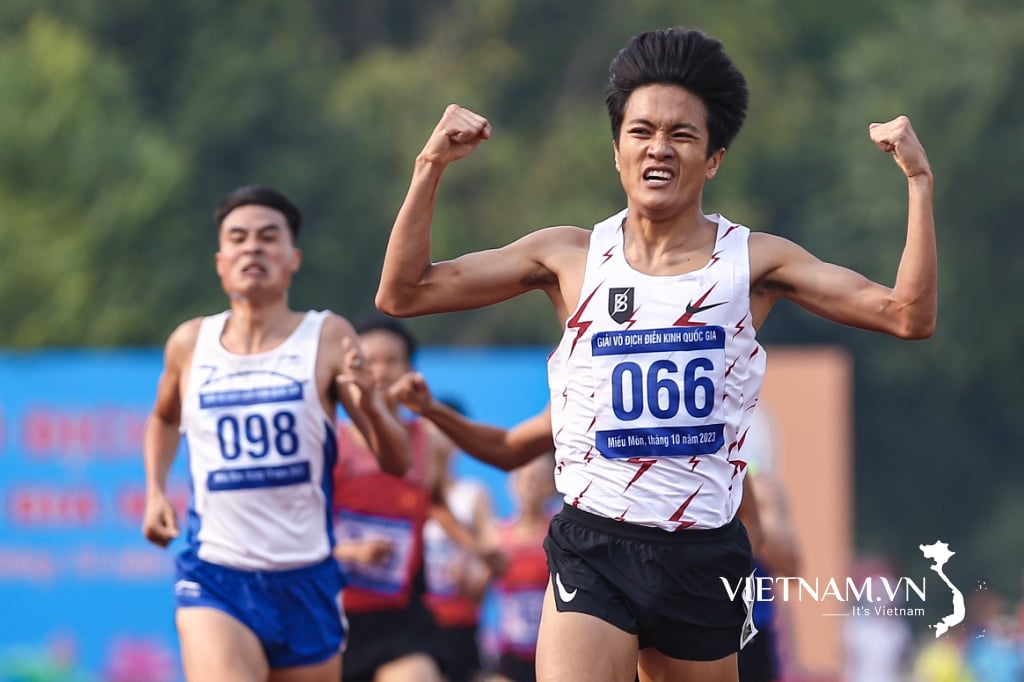
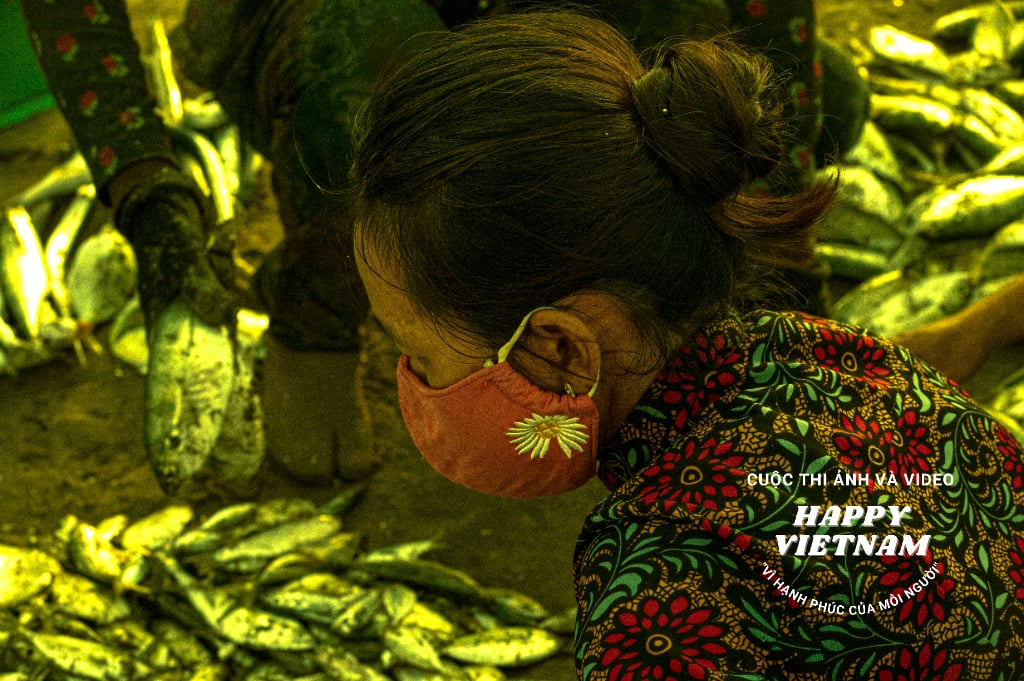
Comment (0)